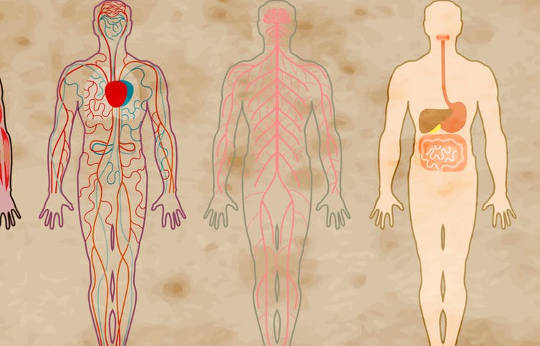
Schizophrenia is considered a disorder of the mind, influencing the way a person thinks, feels and behaves. But our latest research shows that organs, other than the brain, also change at the onset of the disease.

Playing youth tackle football may lead to earlier onset of cognitive, behavior, and mood symptoms in later life, according to a new study.
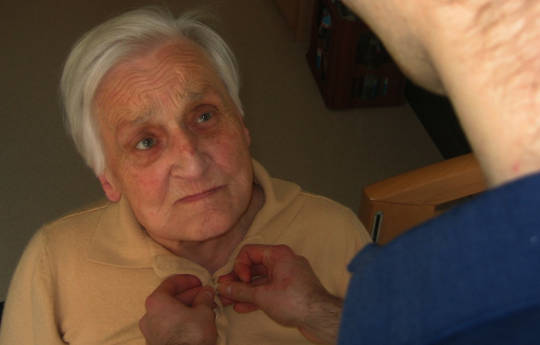
A “smart home” dresser prototype may help people with dementia dress themselves through automated assistance. This would enable them to maintain independence and dignity and provide their caregivers with a much-needed break.

Exposure to fracking chemicals in utero may harm the immune system and diminish the ability of female offspring to fend off diseases like multiple sclerosis, according to a new study with mice.

We are all aware that exercise generally has many benefits, such as improving physical fitness and strength. But what do we know about the effects of specific types of exercise?
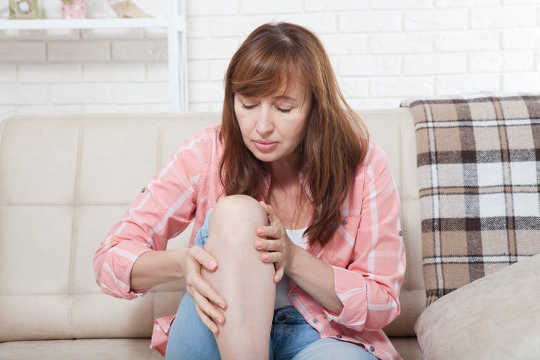
Osteoarthritis is the most common of the more than 200 forms of arthritis, affecting more than 20% of the population.

Omega-3 fatty acids are commonly found in plant and seafood sources. If you don’t have high enough levels of omega-3s in your diet, it’s a leading risk factor for death globally, contributing to the development of chronic diseases like cancer.

If you want to get stronger and feel better after exercising – which is important because it encourages you to keep exercising – you don’t need a fancy gym.

It’s hard not to empathize with the people in the smoggy images of New Delhi or Ulaanbataar or Kathmandu, often wearing masks, walking to school or work though soupy cloudiness.

Several studies have shown that spending time in nature is good for health. Now new research has looked specifically at asthma and found that living in green neighbourhoods protects children from developing the condition

Do you eat to live or live to eat? We have a complicated relationship with food, influenced by cost, availability, even peer pressure. But something we all share is appetite.

There is growing evidence to suggest that air pollution does not just affect our health – it affects our behavior too.

When you take a Kirlian photograph of your hand, it shows a certain pattern of energy. If you take a second photograph while imagining that you are sending love and energy to someone you know, the Kirlian photograph will show a different pattern of energy. Thus, we can see that a change in your consciousness creates a change in the energy field...
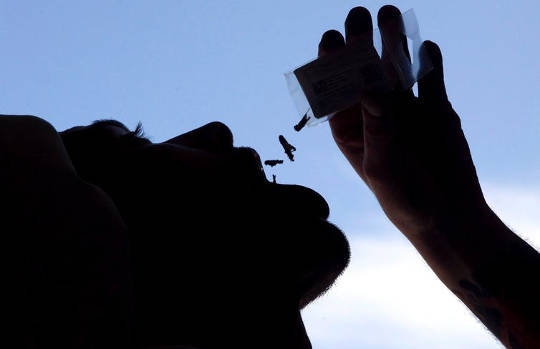
Biologically speaking, humans are omnivores and we like to eat a variety of things. There is increasing interest in all sorts of alternative sources of protein as we diversify our diets. This trend is accelerating in 2018.
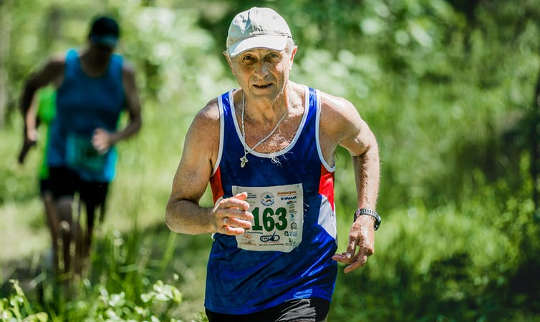
You meet with a friend and tell her about a great book you’re reading. “It’s by a really famous author. Her name is, um … ”
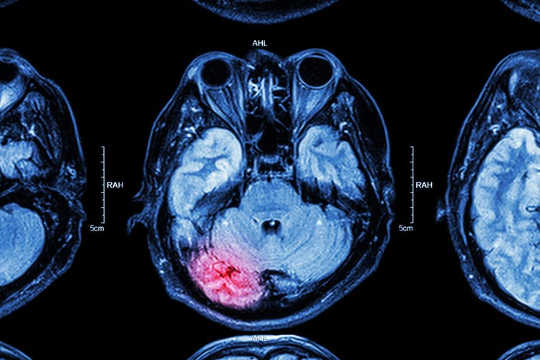
Injury to the adult brain is all too common. A brain injury will often show up on brain scans as a well-defined area of damage.
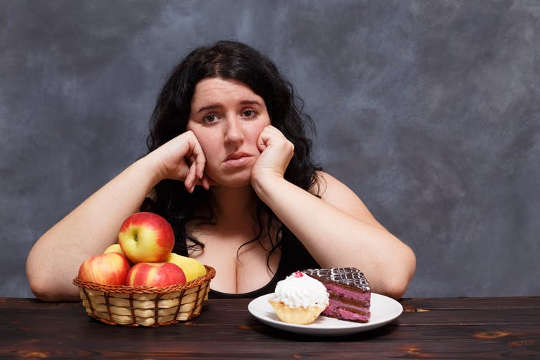
We all love delicious foods, even if we know they may not be good for us. Foods high in energy – specifically sweet, salty and fatty foods – tend to taste the best.

High-dose vitamin D supplements improve weight gain and help with the development of language and motor skills in severely malnourished children, our latest study has found.

Activating something called the behavioral immune system puts a damper on dating, new research shows. The theory is that perceiving, rightly or wrongly, the threat of disease unconsciously activates this system.

Each person experiences pain differently, from an emotional perspective as well as a physical one, and responds to pain differently.

Most of us know children who can run and play for hours and hours, taking only short rests.

About a third of cancers could be prevented with lifestyle changes – that’s roughly a million cases of cancer in Europe each year. Many people are still confused about risk factors, despite vast sums being spent on public health education campaigns.
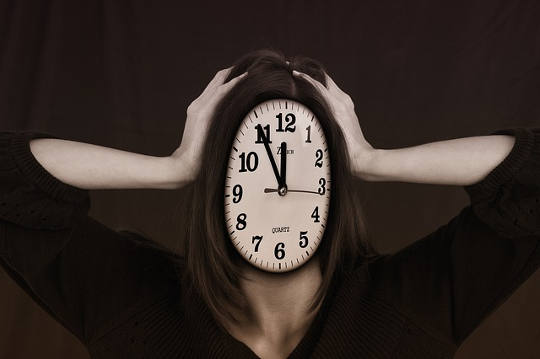
Most Americans go to sleep later on Friday, Saturday, and Sunday nights than during the week, a new analysis confirms. The study of data from physical activity monitors suggests that younger people, especially, are more naturally prone to go to bed and wake up later.
















